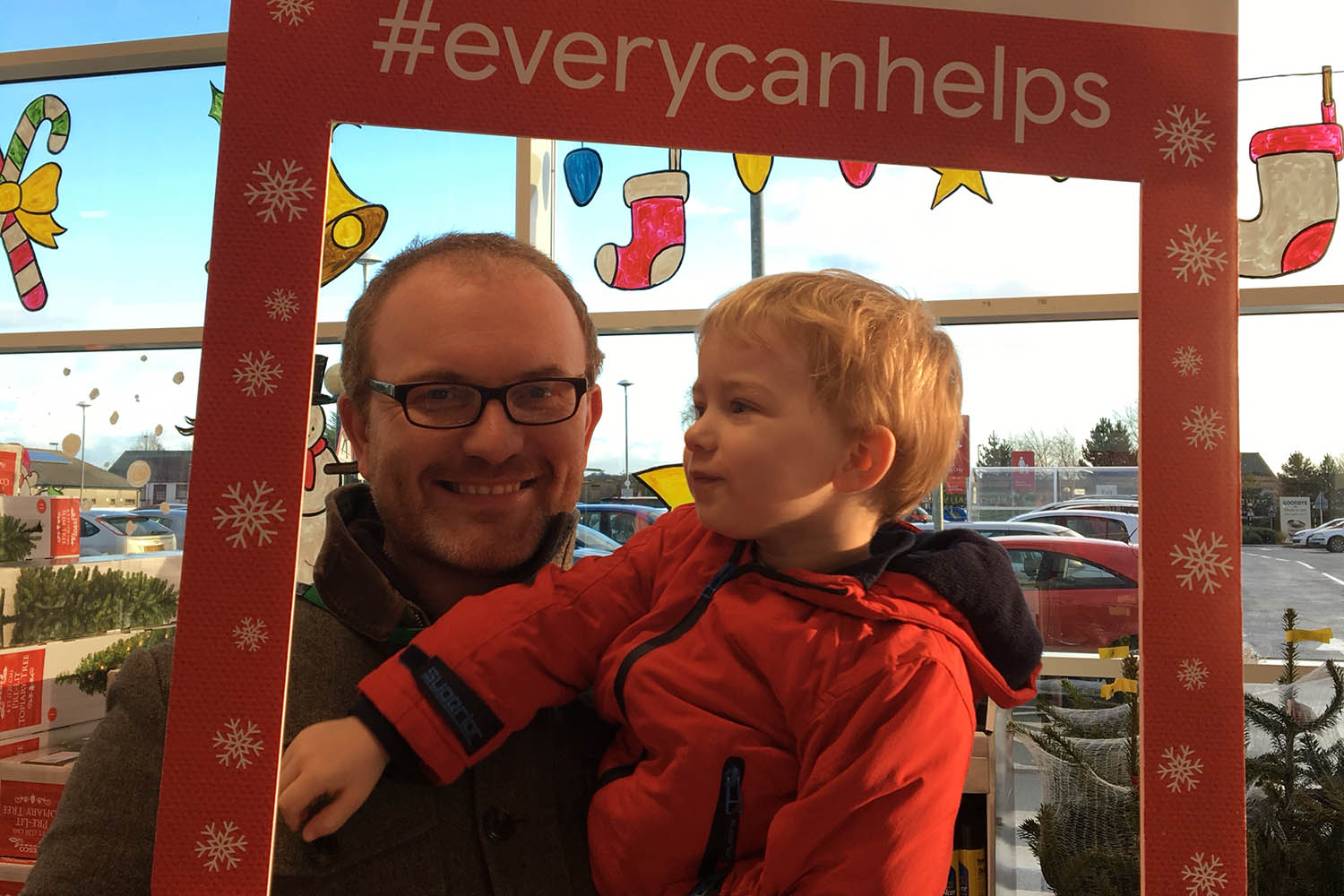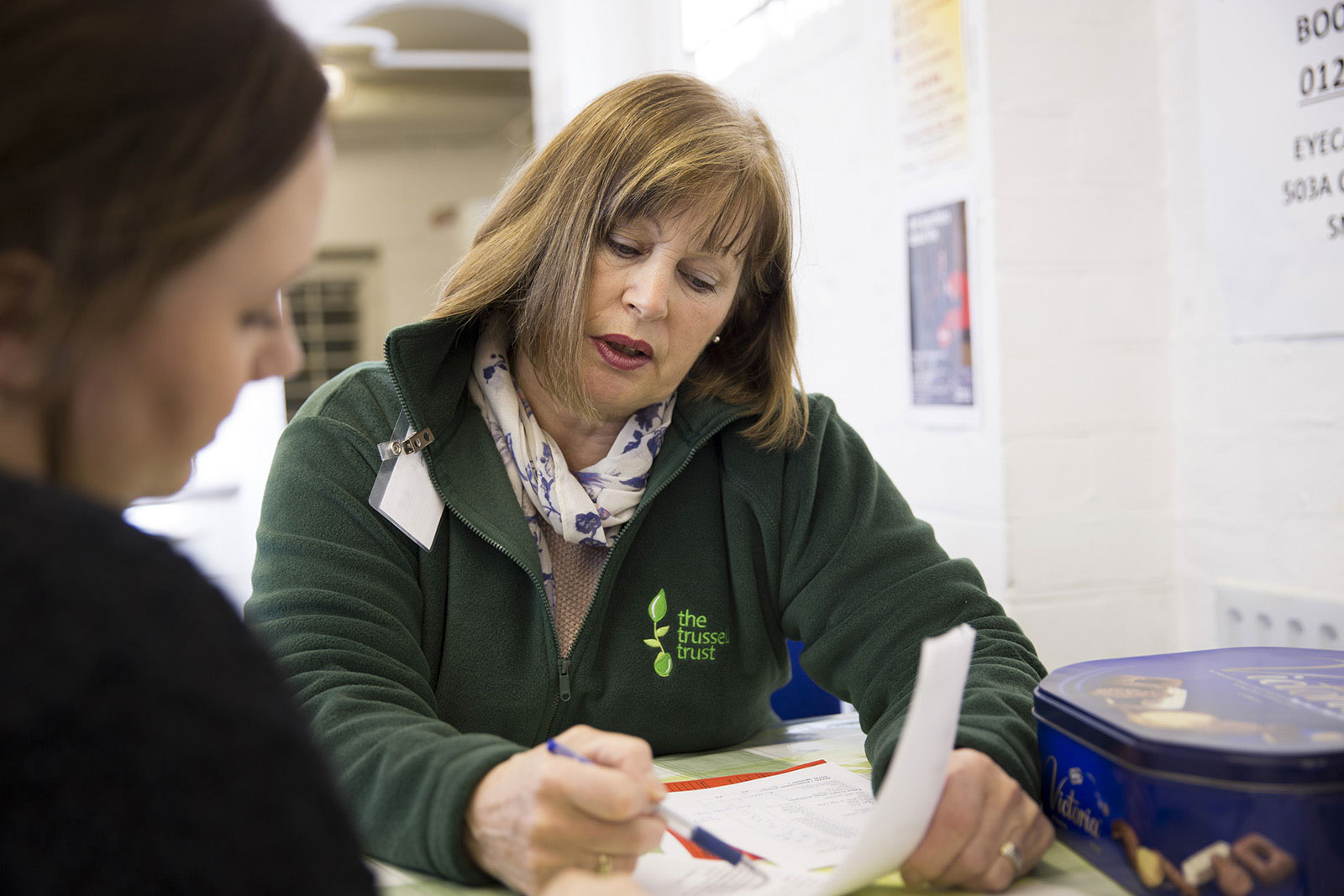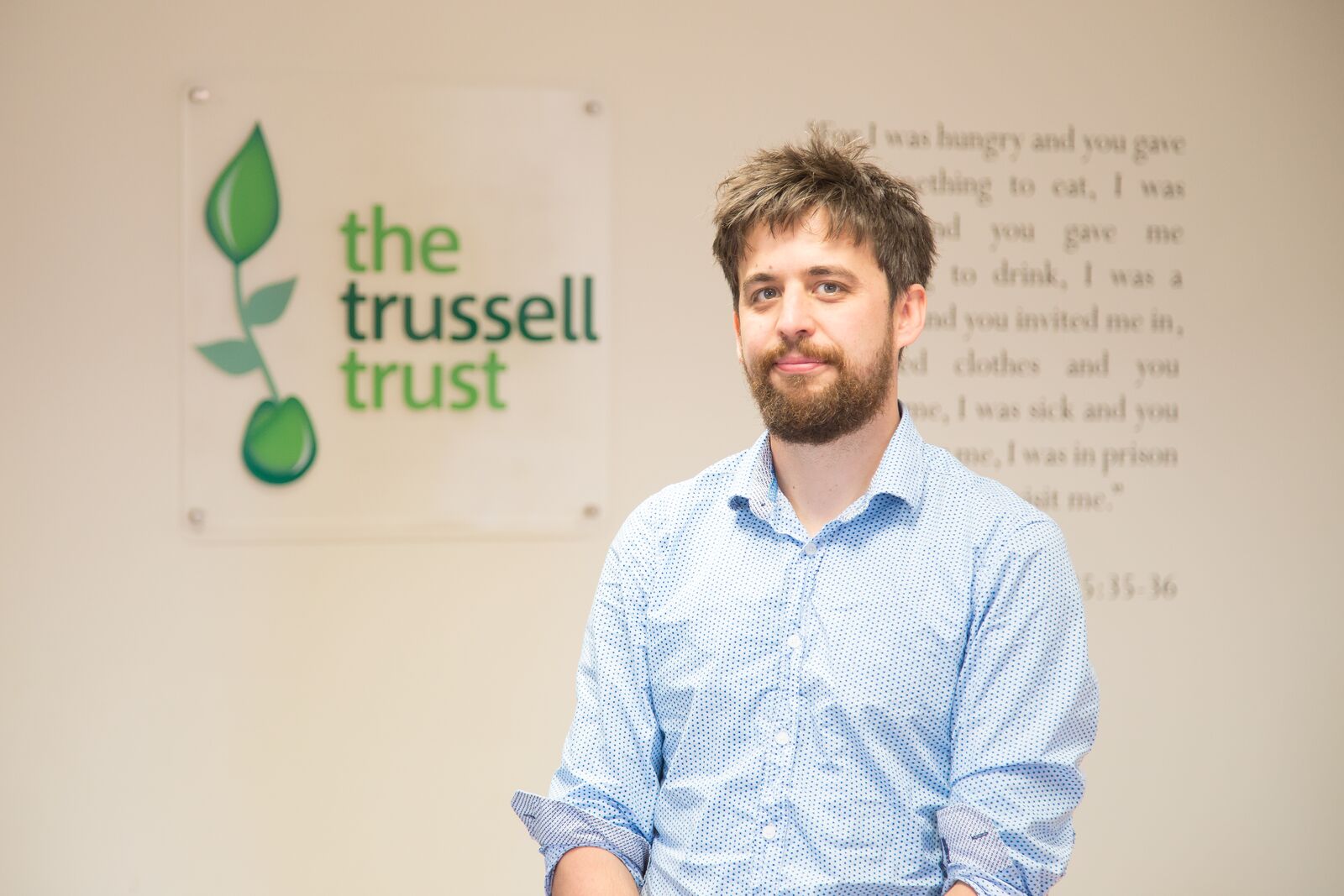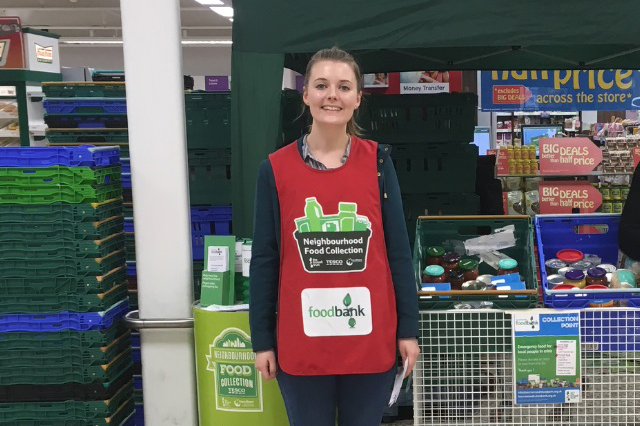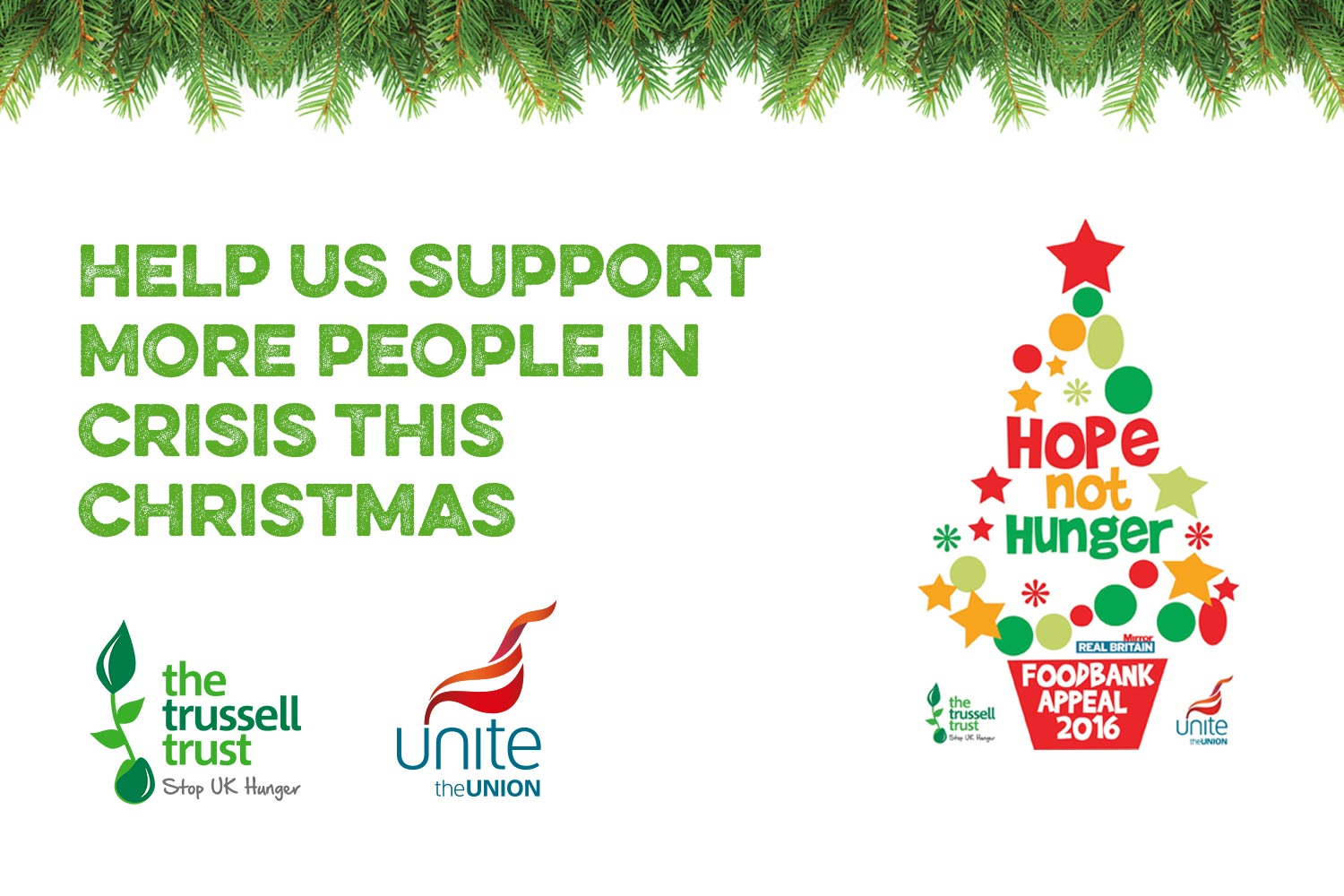Until you understand the true magnitude of a problem, you cannot effectively solve it. That’s why this week, as part of End Hunger UK, a coalition of organisations trying to eliminate hunger, we released figures on the scale of hidden hunger in this country. The findings are shocking. Over 1 in 10 adults are skipping meals because of lack of money. When you look at parents with children aged 18 and under, that rises to 1 in 4.
To anyone who has spent any time in a foodbank, however, these findings will not be a surprise. What is happening up and down the country is mirrored in our network of over 400 foodbanks.
Read more
